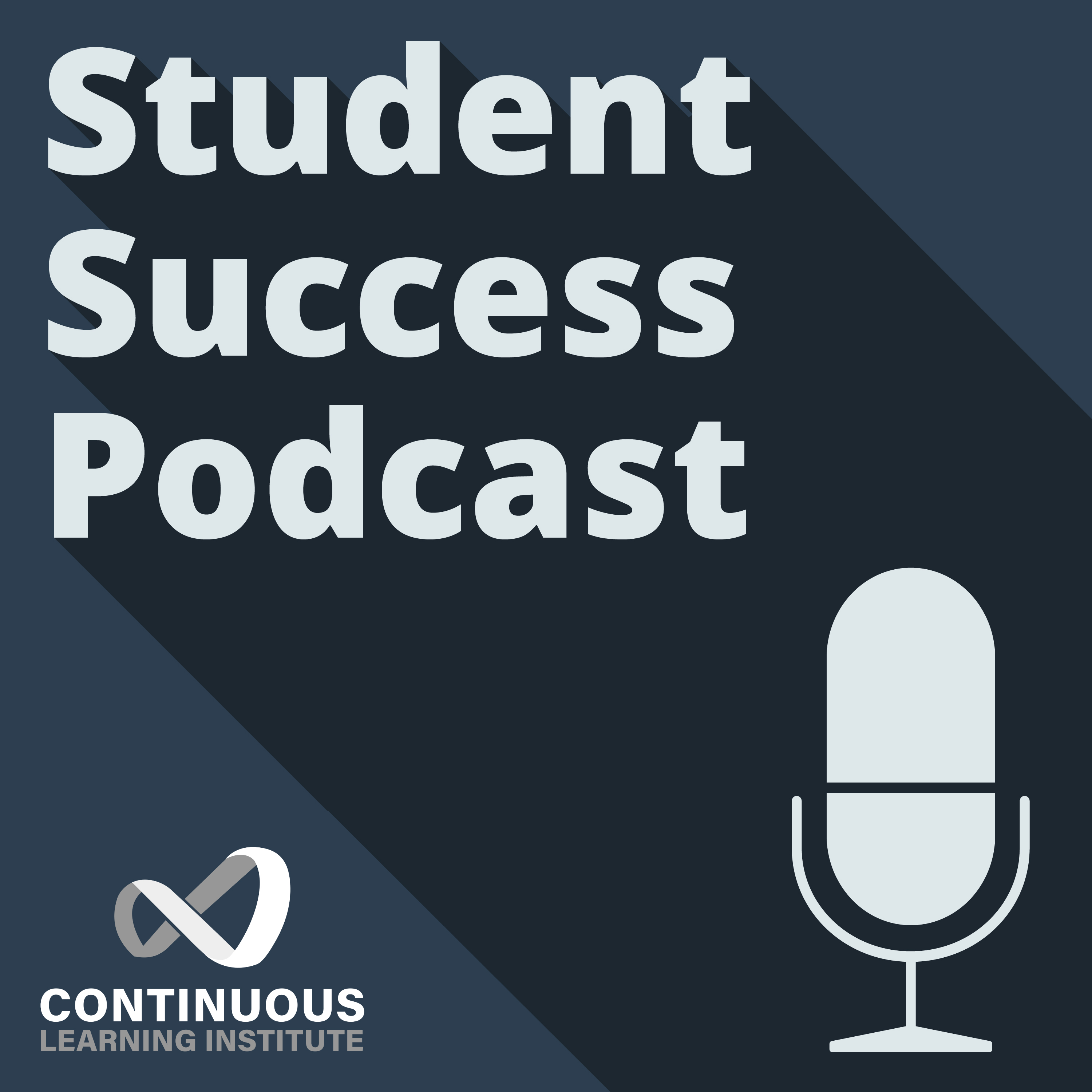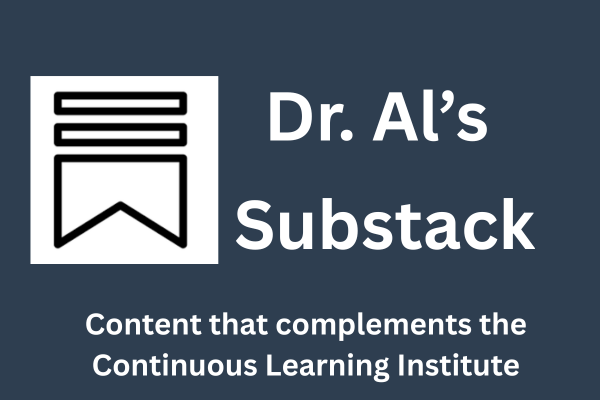Student Success with Pascale Charlot

Listen To The Episode:
Learn about the next evolution of community colleges, how to serve high academic achieving disproportionately impacted students, and the importance of kindness, dignity, and love.
In this episode, I interview President Pascale Charlot of Miami Dade College’s Kendall Campus.
(Scroll down to access the transcript.)
We discuss the following topics:
12:58:02: The evolution of community colleges post-covid. The focus from a "transitional" institution to one as whole and complete in and of itself.
21:41:12: Many students come to colleges with trauma. There's the likelihood of a mental health crisis post-covid. How can colleges prepare for that when they shoulder so much already?
- Resource: The Ashoka U Change Maker Campus is a strategy to consider because it helps students find their agency. Institutions collaborate with each other and Ashoka to advance social innovation and changemaking across higher education to graduate changemakers who have the power to use firsthand knowledge to solve societal problems.
- Students try to solve a problem in their community
- Personal transformation occurs through the act of service
- https://ashokau.org/changemakercampus/
- www.ashoka.org
29:57:02: Equity manifested as kindness and love
35:52:13: Social justice, lawyer’s mindset and college leadership
41:07:04: The Honors College: What is it and how to establish it
- Resources:
- National Collegiate Honors Council
- MDC Honors College
49:07:04: Advice for those inspiring to take leadership roles
Select President Charlot quotes:
"We should not be in service to the four-year schools...If we think about [community colleges] as whole and complete, the question becomes, what does the student development pathway look like from soup to nuts in this environment?"
"We know historically in this country there is a tendency to collapse value with price tag. When we start talking free, there's the potential for the [community college] credential to be undermined because it's within reach financially. This is going to defeat the whole purpose of providing people the gateway to an education if the value of the credential is diminished. A very conscious effort has to be made to reframe the community college's role inside of the system. Otherwise, we're just going to shift the previous mindset into this new normal where we have more people getting a credential that is not going to translate into value that changes lives."
"I think there is a need to be almost surgical in some ways with who actually needs that stackable credential where the bachelor's is a stackable credential as opposed to thinking about the two-year school as a pass through...[Community college] work becomes diminished when its only value is in preparation for something else."
"We've found by being part of the Change Maker Network that it does take a village. We have cross-functional teams where faculty work with staff and administrators from different departments, really looking at the student experience more holistically."
"There's a lot at stake right now as this country makes this very interesting transition. And the pathway [community colleges] provide, in my mind, is at the center of all of it. If we are not enabling people from the communities we care about to access the opportunities that are coming, we're going to see a bifurcated culture where you start to think about a permanent underclass serving those who have access to those opportunities."
"[In terms of establishing an Honors College], understand your student population. Where is there a problem that you can solve inside of your K-12 system regarding potentially high achieving students who aren't necessarily reaching their full potential? Ask how can you plug into those spaces to customize a pathway."
"By investing in this small subset of students [at the Honors College] and positioning them for success, we learned their transfer impact at those institutions opened the door for the rest of the institution. You not only have graduates of the Honors College enrolling at Emory, Georgia Tech, etc., and the small liberal arts colleges as well, but they [transfer institutions] started to become more interested in Miami Dade College students in general. It can become part of a larger strategy of showcasing the kind of talent that's worthy of investment in your neighborhood."
"We are in a movement. It is a movement to ensure that our students have a seat at the table and that table can be the neighborhood they want to live in, the job they want to have, the life they want to create for themselves and their families. And we are in a knock down, throw down Brooklyn-style brawl to ensure with vigilance that seat is protected and preserved, but also provided with love, dignity, and kindness."
About President Pascale Charlot
Pascale Charlot is the President of Miami Dade College’s Kendall Campus. She previously served as Dean of the Honors College, where she improved the quality of the program by developing an innovative equity pathway for first-generation college students from historically underrepresented communities that integrates both academic affairs and student services. As a testament to her efforts, she was selected by the Aspen Institute’s College Excellence Program to join the 2019-2020 class of the Aspen Presidential Fellowship for Community College Excellence, a leadership program aimed at preparing the next generation of community college presidents to transform institutions to achieve higher and more equitable levels of student success, both in college and in the labor market.
Not unlike the students she serves, President Charlot, a Haitian-American, had a nontraditional path to her current role. She attained her bachelor of arts in sociology and economics with a certificate in women’s studies from Duke University as a transfer student. She later earned her juris doctor degree from the University of Michigan School of Law. She has also held assistant dean positions at New York University School of Law and Rutgers Law School-Newark, where she demonstrated success in building student-centered learning communities fueled by a culture of care to help students achieve their goals. Always looking for ways to bring out the best in others, she creates the right conditions for people to succeed.
About Dr. Al Solano
Al is Founder & Coach at the Continuous Learning Institute. A big believer in kindness, he helps institutions of higher education to plan and implement homegrown practices that get results for students by coaching them through a process based on what he calls the "Three Cs": Clarity, Coherence, Consensus. In addition, his bite-sized, practitioner-based articles on student success strategies, institutional planning & implementation, and educational leadership are implemented at institutions across the country. He has worked directly with over 50 colleges and universities and has trained well over 5,000 educators. He has coached colleges for over a decade, worked at two community colleges, and began his education career in K12. He earned a doctorate in education from UCLA, and is a proud community college student who transferred to Cornell University.







